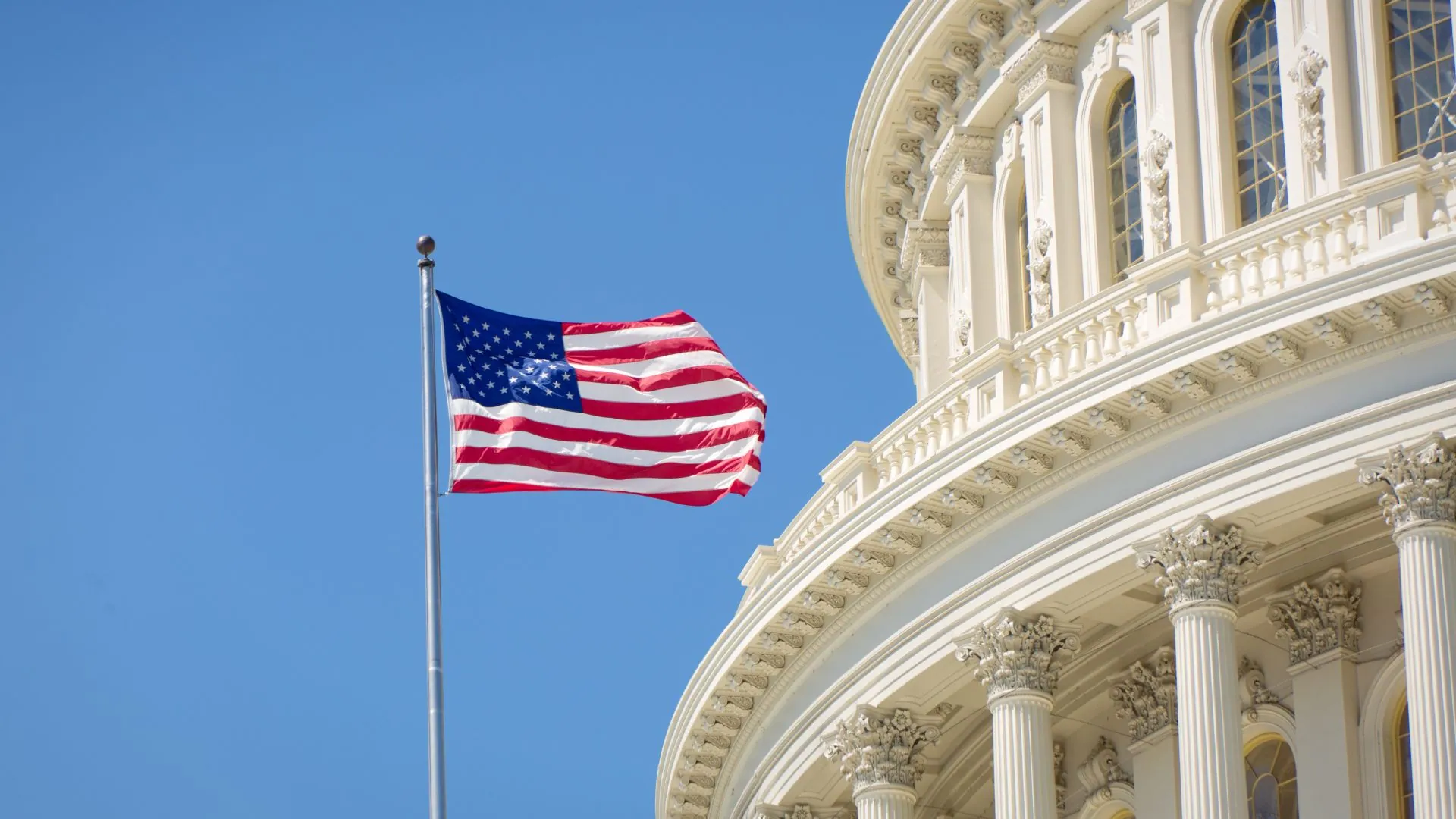Washington D.C. is a very busy place in America. Lots of different people live there from all over the world.
Figuring out how to move to America and live there legally can be hard. But it’s really important for people who want to start a new life in the capital city.
In this guide, we’ll discuss immigration services in Washington, D.C. and explain important things to know, like where to get help and what steps to take when trying to move to the U.S. Let’s get started!
Key Agencies and Their Roles
- U.S. Citizenship and Immigration Services (USCIS): USCIS plays a central role in the lawful immigration process. Their core responsibilities include:
- Adjudicating applications for benefits: This includes green cards, work permits, naturalization, asylum, refugee status, and various other types of immigration relief.
- Visa processing: USCIS works in conjunction with the Department of State to process certain types of non-immigrant visas.
- Policy development: USCIS contributes to developing and implementing immigration policies and regulations.
- US Immigration and Customs Enforcement (ICE): While USCIS focuses on processing benefits, ICE handles the enforcement side of immigration law:
- Investigations: ICE investigates matters related to illegal immigration, document fraud, human trafficking, and other violations.
- Detentions and removals: ICE apprehends and detains individuals who have violated immigration law and carries out removals (deportations).
- Homeland Security: ICE has a broad role in protecting homeland security, extending beyond immigration enforcement.
- Executive Office for Immigration Review (EOIR): The EOIR oversees the network of immigration courts throughout the U.S.
- Immigration Judges: These judges hear cases on various issues, primarily focusing on whether individuals should be removed from the country or can remain.
- Board of Immigration Appeals: The Board of Immigration Appeals reviews cases appealed by immigration courts.
Washington D.C. Specifics
- Significant immigrant population: The D.C. metropolitan area has a large and diverse immigrant population. This creates a greater demand for immigration-related services.
- Policy hub: As the nation’s capital, D.C. is central to immigration policymaking, debate, and advocacy efforts.
- Legal resources: Many immigration attorneys and non-profit organizations are located in D.C. to serve the needs of the immigrant communities.
Challenges and Considerations
- Complex laws and regulations: U.S. immigration law is notoriously complex and constantly evolving. Navigating the system can be incredibly difficult for individuals without legal guidance.
- Processing backlogs: Agencies like USCIS often experience significant backlogs in processing applications, which results in lengthy wait times.
- Enforcement controversies: ICE’s enforcement activities, particularly concerning detention and removal operations, are a frequent source of controversy and public debate.
- Access to legal aid: Securing affordable or pro-bono legal representation in immigration matters can be challenging, creating significant barriers to justice for some individuals.
Where to Find Help
- Services offered by U.S. Citizenship and Immigration Services (USCIS) in Washington State:
If you’re looking for immigration services provided by the government agency USCIS in Washington State, here’s what you need to know:
- USCIS doesn’t have local offices that directly meet with the public. They process applications and petitions submitted by mail or online.
- Their website, https://www.uscis.gov/, is the primary resource for information and application procedures.
- Immigration legal services offered by attorneys or non-profit organizations in Washington State:
Many attorneys and organizations in Washington State specialize in immigration law and can provide legal advice and representation throughout the immigration process.
Here are some resources to find help:
- Washington Organizations: The National Immigration Legal Services Directory (https://www.immigrationadvocates.org/nonprofit/legaldirectory/) lists organizations offering legal aid or referrals to immigration attorneys.
- American Immigration Council: This national organization (https://www.americanimmigrationcouncil.org/) has resources and sometimes legal assistance options.
Conclusion
In conclusion, moving to Washington, D.C., and living in the U.S. legally can be difficult. But many services and organizations in D.C. can help.
It’s important for newcomers to know where to go for help and what steps to take to navigate the immigration system.
With the right support, people can achieve their goals and build a new life in the nation’s capital.
